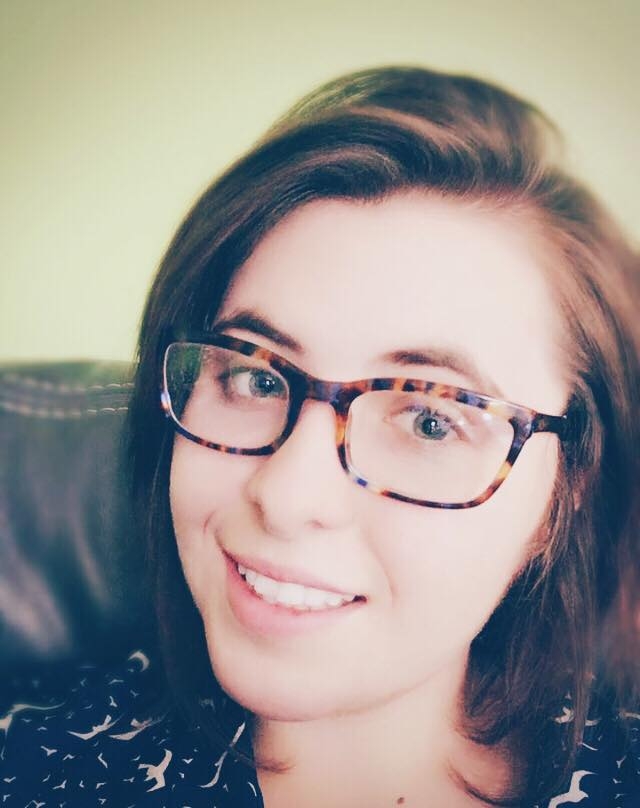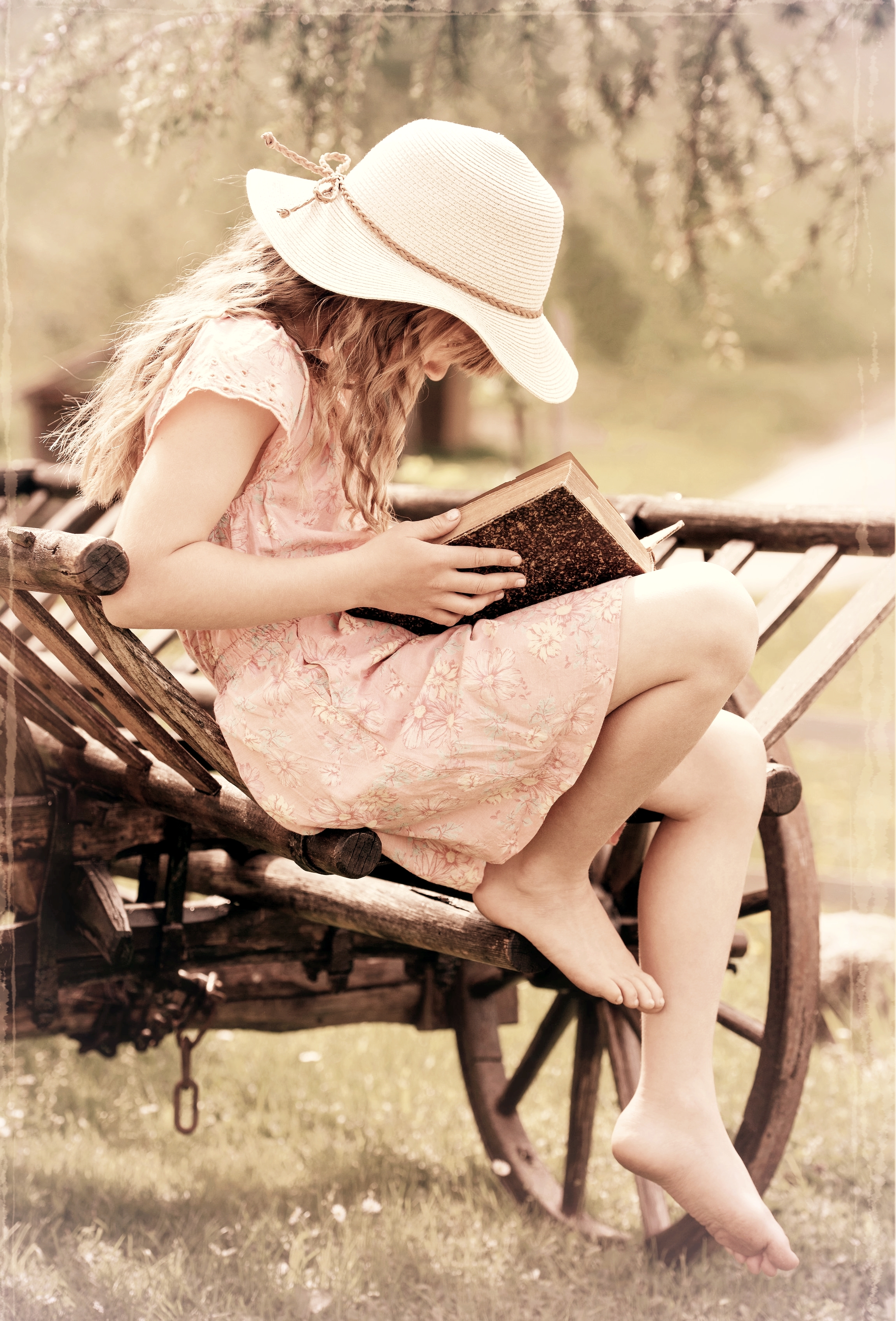Dive into the Mind of a Character
/It all comes down, in the end, to the character. We readers or not, are fundamentally attracted to people. Humans are social creatures. Plot is fine and dandy, it’s necessary for any narrative, but it is the characters which we find ourselves sympathizing and despising the most. Even in stories with non-human perspectives such as animals, it is the humanity in them which we orient too. Here are aspects to consider when developing a character:
1. Avoid the clichés.
There are enough sad orphan stories out there. Get creative and make an interesting person, not something you’ve seen a thousand times. There are more than enough dumb blondes, motorcycle riding bad boy, and green eyes gingers. Strive for unique. Use real people, and you don’t have to be obvious if that’s what you’re worried about, because sometimes the most interesting character is the girl on the bus two seats over from you with the busted-up violin and a maniacal grin. Let real people inspire you.
2. Think about their past.
The past shapes everyone. So, make sure your character isn’t one dimensional by allowing them to have a history. Our pasts form many of the most interesting parts of our personalities, fears, and what we love. It’s important to know where your character comes from just as much as it is to know where they’re going. This allows your character to change throughout their story which is important in any piece of literature.
3. The great name debate.
Some people say names don’t matter when it comes to literary characters but I think it does. If Sir Conan Arthur Doyle had called Sherlock Holmes John Williams, he probably would have been a very different character. We need to be conscious of what we’re naming our characters. For instance, if you’re writing a book that takes place in France about a french girl, perhaps consider using a French name. If you’re writing fantasy get a little whimsical with your character’s names. Just keep context in mind.
4. Let your character surprise you.
Leave room in your writing for your characters to surprise you. You don’t need to know every little tiny thing about them. If you give yourself characters with some space, you could develop them as you go which can result in someone more interesting than you initially thought.
Think hard, push yourself, and make your character’s great.
Katelin is a writer with a passion for historical fiction and hockey. Born and raised in Ottawa, Ontario she can often be found riding the O-Train with a Pepsi, at least one copy of Oscar Wilde’s The Picture of Dorian Gray, and a developing character in the empty seat across from her.














